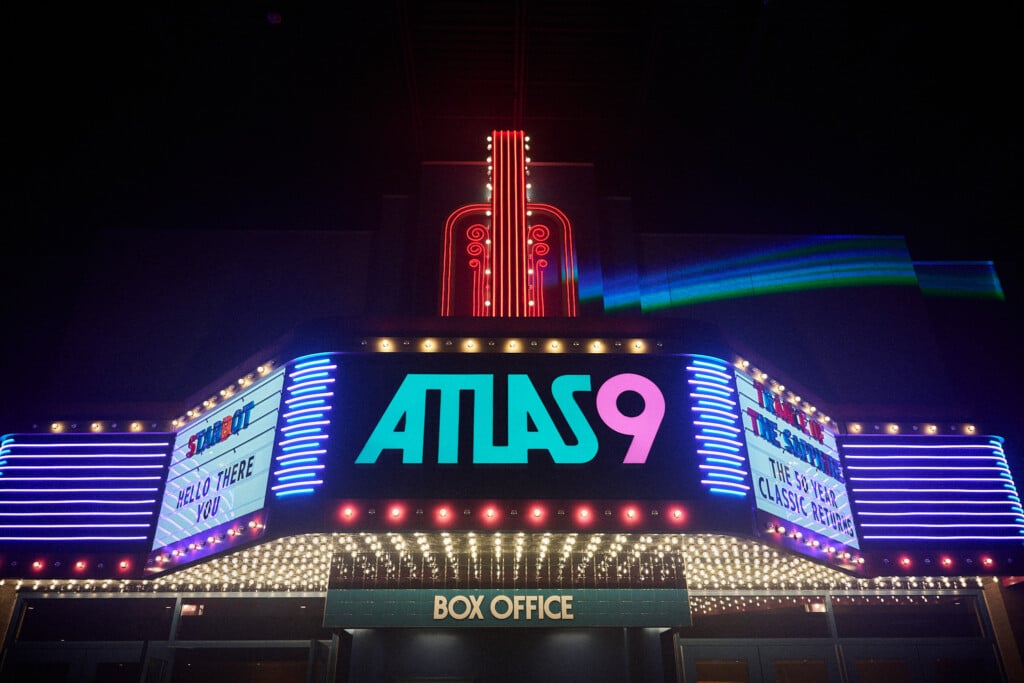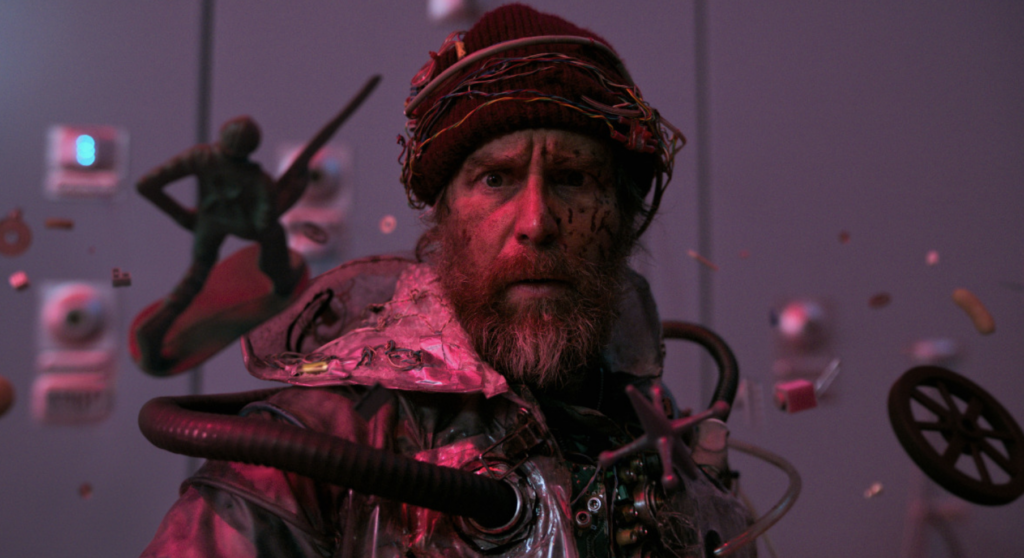Spike Lee makes crime thriller Highest 2 Lowest all about himself (and not in a fun way)
Part of the trouble with auteur theory—the idea that a director is the primary “author” and creative force of a movie—is that (apart from the fact that many great films from great filmmakers are a collaborative process in which the director is less a composer than a conductor) the level of authorship has a tendency to go to the head of the auteur in question.
When you see a film as your endeavor, some questions naturally arise. Do you, as the artist, serve the story, or does the story serve you? How much do you assume the audience is there for your ideas, artistic history, vision and opinions, and how much do they just want to see a good story that makes them think? The biggest question isn’t about how much of yourself you put into your work—perspective is what sets one piece of art apart from the one right next to it—but how much is this work all about you? How much of it should be?
Highest 2 Lowest is a Spike Lee movie in the truest sense, in that it is all about Spike Lee. Your mileage will vary depending on how much you want to watch one of our best (and, admittedly, one of our most increasingly self-indulgent) filmmakers gaze into his own navel. Lee’s re-interpretation of Akira Kurosawa’s High and Low isn’t so much an act of respect from one filmmaker to another as it is Lee taking existing material and turning it into an excuse to tour through his own filmography and curmudgeonly feelings about the current state of art and culture.
It’s a fine movie, but all the ways in which it’s not great come down to Lee refusing to get out of his own way.
David King (Denzel Washington) is a music mogul who rose to prominence in the early aughts with Stackin’ Hits records. A series of disappointing partnerships and industry evolutions have put the company in a difficult spot. Specifically, David wants to buy back control of his company from the board so it won’t be sold to a corporate conglomerate he fears won’t treat the business and its artists with respect.
Just as he’s gathered the money to make an offer, the unthinkable happens: David’s son Trey (Aubrey King) is kidnapped. David and his devoted wife Pam (Ilfenesh Hadera) work with the cops to get their son back, but complications arise involving David’s best friend and long-time driver Paul (Jeffrey Wright).
Ultimately, David must decide whether the family and community he claims direct his every decision are as important to him as the business he’s built.
Lee and screenwriter Alan Fox—adapting both the 1959 Ed McBain novel King’s Ransom and High and Low for a contemporary New York setting—do a great job setting up the dynamic between David and his family, friends, and business partners. Before everything goes pear-shaped, David’s world seems vibrant and supportive, defined by Black excellence and creativity. The early parts of the film’s kidnapping plot, too, are a propulsive, intriguing reminder of Inside Man, the last Lee-Washington collaboration.
Unfortunately, the further the movie goes, the more Lee’s own proclivities keep getting in the way of the story.
A tense ransom handoff is interrupted by a Puerto Rican pride day parade, both an in-joke for a famous monologue from Lee’s 25th Hour and a chance for Lee to slide in a cameo from Do the Right Thing’s Rosie Perez, playing herself. David rides to the office in a Rivian because, apparently, Lee wants us all to know that he no longer associates himself with Cybertrucks. David is a music producer, but rather than surround us with the kind of music he’s listening to and working on all the time, the score is dominated by composer Howard Drossin, doing a note-perfect imitation of frequent Lee collaborator Terence Blanchard (the score is gorgeous, but it feels out of step with these characters and this story).
It’s not unusual for Lee’s movies to be a little messy and self-indulgent; fans love him for it at this point. None of it prevents the strengths of Highest 2 Lowest from shining through here. It does, however, dull the edges of what could have been a really interesting commentary on class, identity, and loyalty—in a setting that makes it almost impossible to be true to yourself and the people around you.
When Highest 2 Lowest does eventually start to lose momentum in the final act, it’s because Lee keeps finding new things to say that don’t need to be said. The final product is less a portrait of an auteur, rather a portrait of an auteur… telling on himself.






